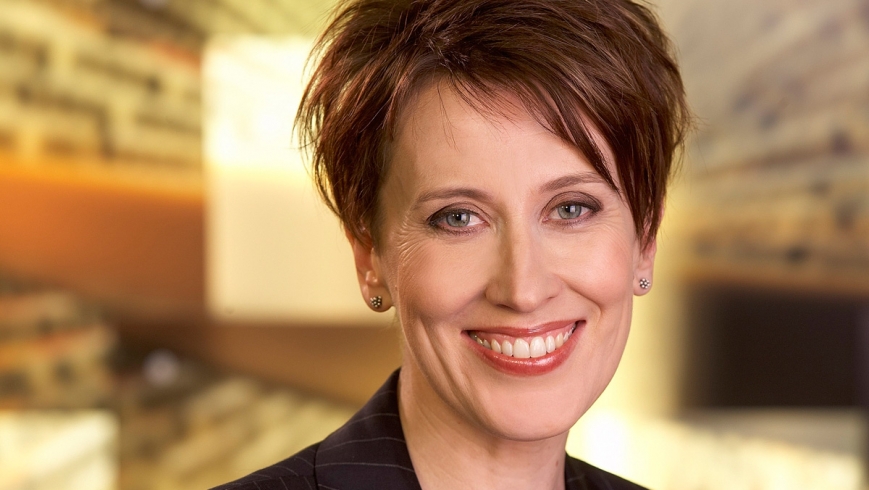The manager frowned at her over his toppling in-tray as the woman floated into his office, her head still full of the magic of a wedding and honeymoon in foreign climes. Not one for hearts and flowers, he cut to the chase. “Now that you’re back, you’re not going to get pregnant on me just like every other woman in this office, are you?”
A short time later, this same woman was bailed up by a very senior executive, who scowled at her with intense scrutiny. “You’re looking rather well,” she said with no joy at all: “You’re not pregnant, are you?” Why the employee even answered this abrupt and invasive question I’ll never understand, but she did – the answer was no. “Good,” the executive shot back.
We are often accused at the ABC of being some kind of sheltered workshop of political correctness, but I am sorry to tell you that these exchanges did not occur at the upper levels of the big four banks, or the top accountancy, law or finance firms, or in some small business miles off the PC radar: they took place at your ABC and the woman in question was me.
I remember feeling absolutely flabbergasted at the time: the rudeness, the hostility and the invasiveness of it was quite incredible. Welcome back! How was the honeymoon! I even considered making a discreet call to HR. But I didn’t. Instead, like many other women, I quietly incorporated this attitude into my understanding of what was – and was not – expected of me at work: which was, in order to get on up, I better not get knocked up.
Figures just released show that pregnancy has now overtaken disability as the top area of complaint against the nation’s employers. The Fair Work Ombudsman says its figures indicate that for the first time there were more complaints about pregnancy-related discrimination in 2013 than for complaints related to mental or physical disability, and these are just the formal complaints. Anecdotal evidence as well as information received by the federal Sex Discrimination Commissioner reveal a discouraging and unsupportive climate of hostility and rejection. In many more cases women are squeezed out of their workplace or leave because life is made too hard for them.
The manifestation of the problem is prejudicial behavior towards pregnant women, but the real problem is a lack of genuine commitment to helping families have and raise children. It’s bewildering, because you hear no end of carry-on from high-profile business leaders and politicians about family values and the like, but return from maternity leave and then happily announce you have number two on the way and women are treated as if they are gaming the system like a micro-party senator. I am happy to say I no longer see or hear evidence of this kind at my work.
It’s difficult not to feel angry and patronised by the incoherence of family policy in this country. Childcare is difficult to obtain and wickedly expensive, yet apart from a minority of workplaces, little accommodation is made for those parents who would like to be able to do most of the caring themselves and keep their employment – this despite the tedious repetition of meaningless phrases such as “workplace flexibility” by employer and employee advocates.
The very savvy Sex Discrimination Commissioner, Elizabeth Broderick, talks about this discrimination not helping to create “strong families” and it’s a smart phrase to use, as it alludes to all the social problems that flow from stressed families, families at risk – the very problems that politicians and the media are so quick to judge and condemn, but clearly do not see themselves as having any connection to. So, how about a moratorium on all the “family values” baloney until business and government genuinely recognise, understand and support the process of how a family actually starts.
Virginia Trioli is co-host of ABC News Breakfast on ABC1 and ABC News 24, 6-9am weekdays.
Follow Virginia on Twitter @latrioli

















